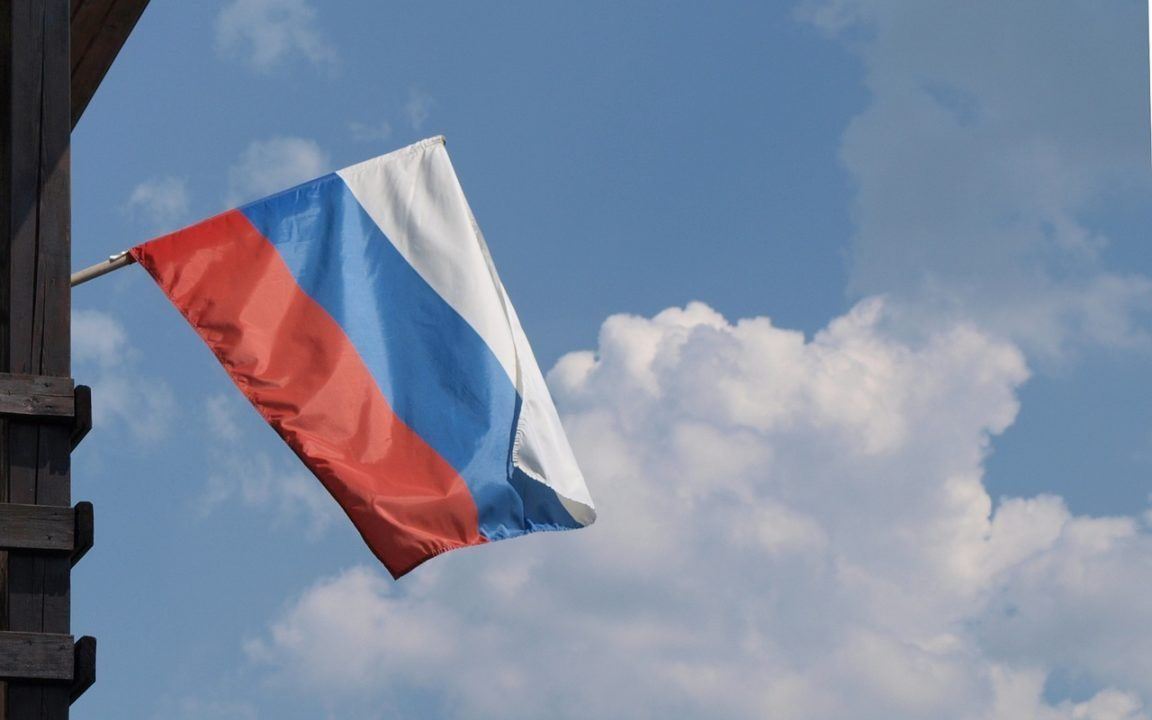News courtesy and written by Reid Carlson
The International Association of Athletics Federations, or IAAF, track and field’s world governing body, decided Monday that the Russian track and field team would continue to be barred from international competition and would not be eligible to compete in the August IAAF World Championships that will take place in London.
The president of the IAAF, Sebastian Coe, said in a statement that Russia “could not be reintegrated into the sport before November.” 2016 and the lead-up to the Rio Olympic Games was marred by inquiry into the Russian sports system as more and more athletes tested positive for performance-enhancing drugs. Additionally, as samples from Sochi and other past international sporting events were re-tested, more athletes than previously thought were revealed to have cheated to gain an edge on the competition. Later, a German television station aired a documentary alleging a state-sponsored doping scheme that had been in place at least since the Sochi Winter Olympics in 2014.
Following the documentary WADA released theMcLaren Report which detailed a long, state-sponsored doping scheme involving officials in the Russian government itself, as well as a large network of coaches, doctors, and athletes that worked together to cheat drug tests. Finally, before 2016 drew to a close, Russia admitted to participating in the state-sponsored doping scheme alleged by the McLaren Report in which coaches helped athletes cheat drug tests.
In a press release on the IAAF’s website, Coe said that the IAAF’s “priority is to return clean athletes to competition but we must all have confidence in the process,” and that “clean Russian athletes have been badly let down by their national system.”
In the world of swimming, no Russian athlete received more attention than Yulia Efimova, who went on to win the silver medal in Rio in both the 100 and 200 breaststroke, despite nearly not being able to compete at the Olympics due to two separate doping suspensions she received in 2013 and 2016. Vladimir Morozov was similarly punished and then allowed to compete in Rio anyways. Though Morozov’s campaign in Rio was not as successful as Efimova’s, Morozov went on to break the world record in the 100 short course meter IM on two different occasions during the FINA/Airweave World Cup Circuit.
As a means to keep Russian sports substance-free the IAAF created a taskforce to monitor the Russian Athletics Federation (RUSAF). Rune Anderson, head of the taskforce, remains skeptical that the Russian government will not continue to meddle in sports and encourage doping by Russian athletes. RUSAF itself has created a committee to investigate state collusion to cover up doping by Russian track and field athletes, though critics including Anderson remain skeptical of the committee’s ability to stamp out cheating in the system.
Another cause for concern from the international community is the continued involvement of coach Vladimir Kazarin with two top-level Russian athletes. Kazarin has been provisionally suspended since August for purportedly encouraging athletes to use performance-enhancing drugs to gain a competitive advantage.
While the Russian team as a whole will remain suspended, there are some loopholes that could allow for participation from Russian athletes. The first option is for Russian athletes to apply individually to the IAAF for drug testing and if they pass, compete without country affiliation. Another option would allow for athletes under the age of 15 to compete in international competitions as “neutral athletes,” again meaning they would not represent Russian. The final option would allow athletes between the ages of 15 and 18 and Masters-level athletes who want to compete “neutrally” be allowed to apply to the IAAF’s doping review board for individual consideration. However you spin it, there will be no Team Russia at the IAAF World Championships in London this August.
The Russian government has not yet commented on the IAAF’s decision.

Leave a Reply